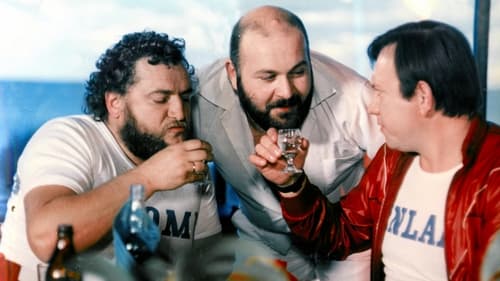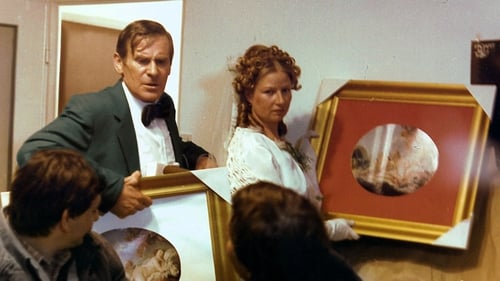
Screenplay
Józef Gębski's film is a documentary reconstruction of the crime committed by NKVD officers against Polish officers imprisoned in Starobielsk and Kharkov in 1940. Accounts of historians and prosecutors are juxtaposed with the testimony of the then heads of the central and regional NKVD board.

Director
Józef Gębski's film is a documentary reconstruction of the crime committed by NKVD officers against Polish officers imprisoned in Starobielsk and Kharkov in 1940. Accounts of historians and prosecutors are juxtaposed with the testimony of the then heads of the central and regional NKVD board.

Screenplay
The protagonist of the film "Klawisz" is Jan Doliński, a former guard of the Lublin Castle prison, who held his post during the German occupation and remained in it almost until the prison was liquidated in 1954. He was dismissed because he did not want to join the Polish United Workers' Party.

Director
The protagonist of the film "Klawisz" is Jan Doliński, a former guard of the Lublin Castle prison, who held his post during the German occupation and remained in it almost until the prison was liquidated in 1954. He was dismissed because he did not want to join the Polish United Workers' Party.

Screenplay
A report on the exhumation of the remains of the victims of Stalinist repression in the 1930s. The bodies of the prisoners shot by the NKVD in a nearby prison were buried in the area adjacent to the present-day Irkutsk airport.

Director
A report on the exhumation of the remains of the victims of Stalinist repression in the 1930s. The bodies of the prisoners shot by the NKVD in a nearby prison were buried in the area adjacent to the present-day Irkutsk airport.

Screenplay
During the autumn of 1989 the director visited the territory of the USSR in search of the places where Polish citizens sent to labor camps had been executed. His route was marked out by diaries of former prisoners and the deportation chronology.

Director
During the autumn of 1989 the director visited the territory of the USSR in search of the places where Polish citizens sent to labor camps had been executed. His route was marked out by diaries of former prisoners and the deportation chronology.

Director
Dwaj multi-instrumentaliści, Broda i Redaktorek, po kilku latach muzykowania w Finlandii wracają promem do kraju objętego stanem wojennym.
Tomaszow Maz

Writer

Director

Director
An impressionistic description of the camp experience of Xawery Dunikowski (1875-1964), sculptor, painter and educator, prisoner of the Auschwitz-Birkenau concentration camp (1940-45). Sculptures full of noble harmony were shattered by the brutality of war. Dunikowski wanted to save his sculptures, so he ran the risk of being transported to the camp. He was sent there in one of the first transports, this is the reason why he was given a low number – 774. A register with his name and surname has been preserved. In the camp, he worked in the kitchen peeling potatoes and in the carpentry shop carving clogs. He spent 40 days in the death bunker supporting other awaiting prisoners. His memories were illustrated not only with works of art but also with camp archives - photos and films showing the liberation, contemporary documentation. He immortalized the faces of his fellow prisoners in drawings.









